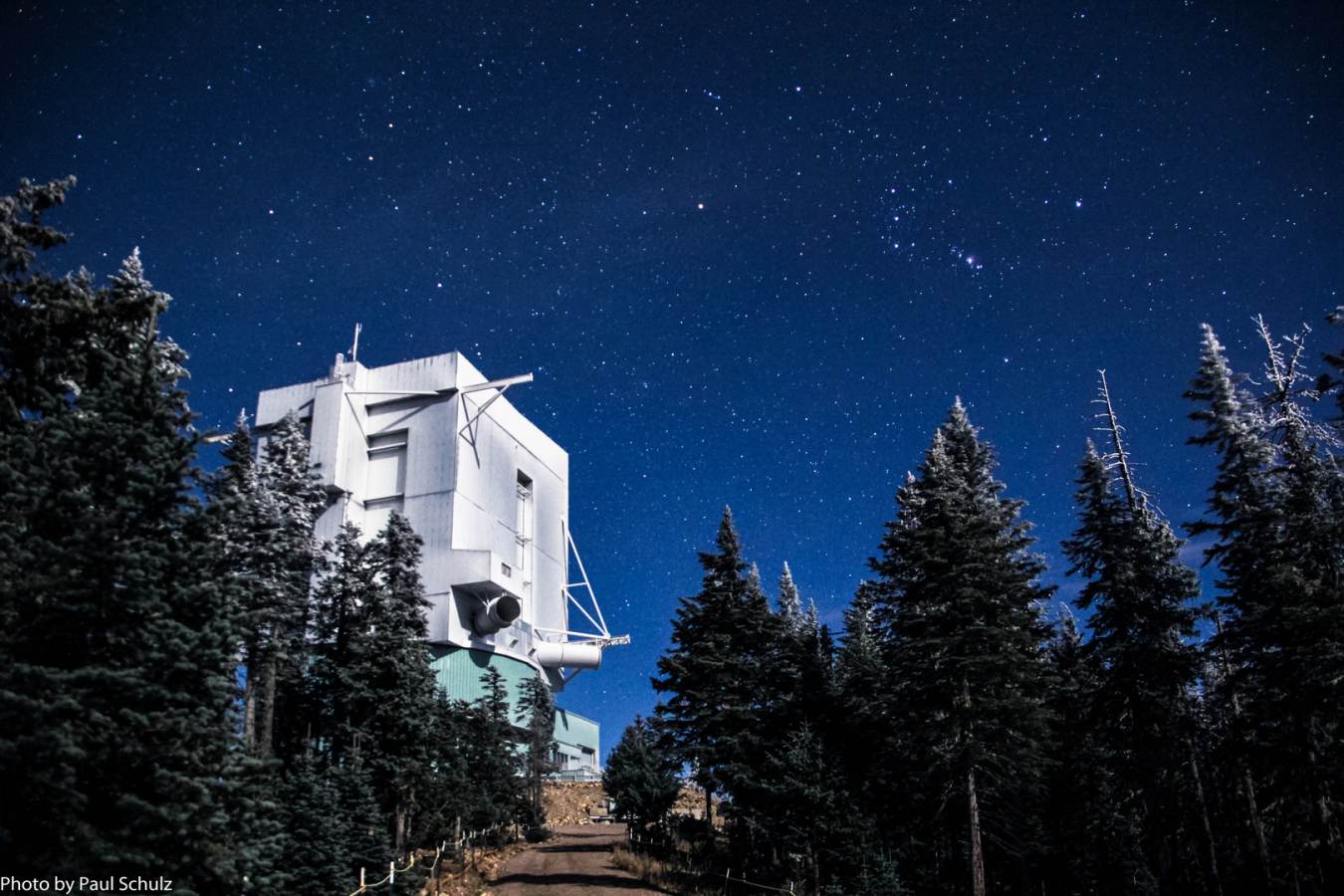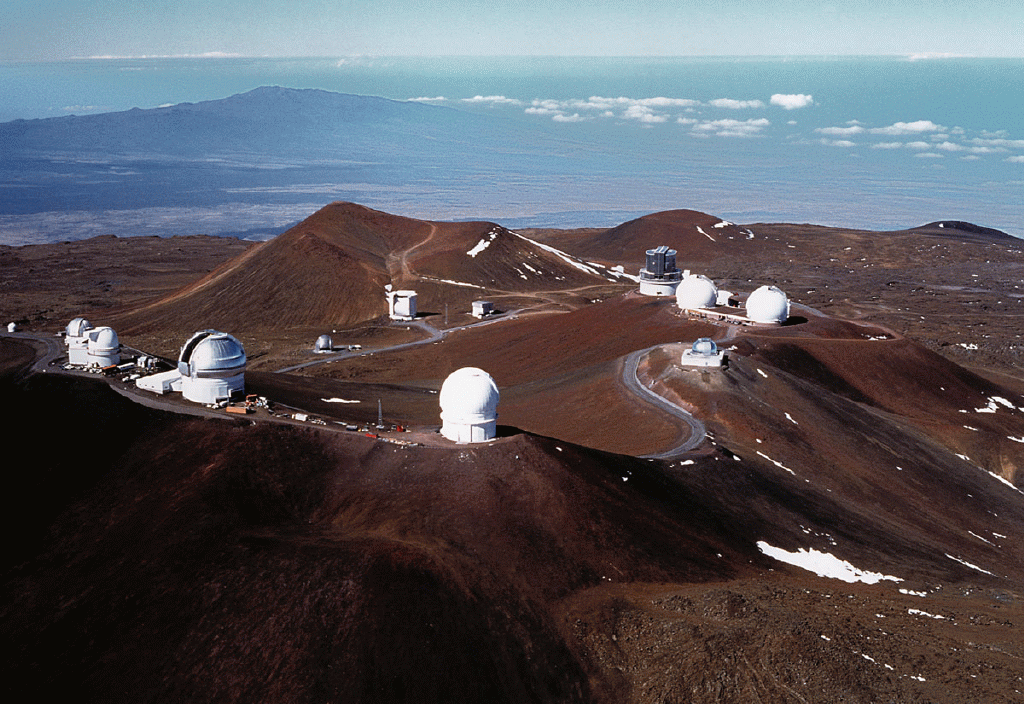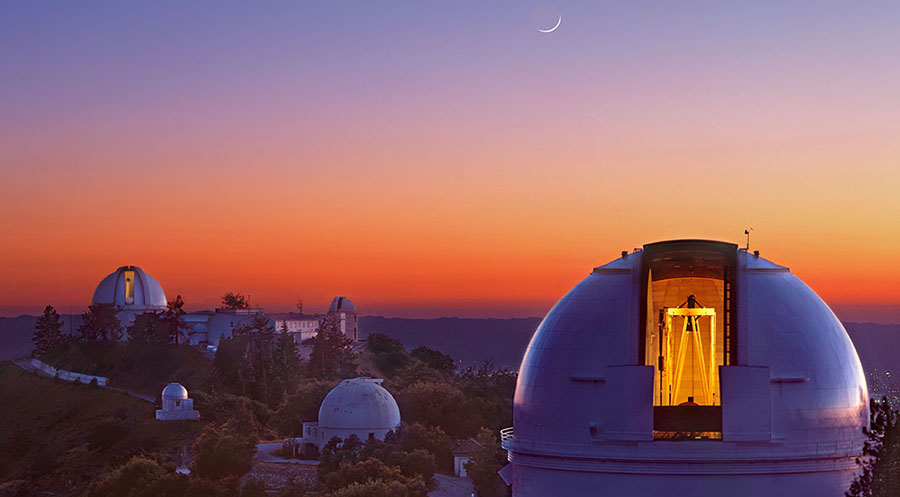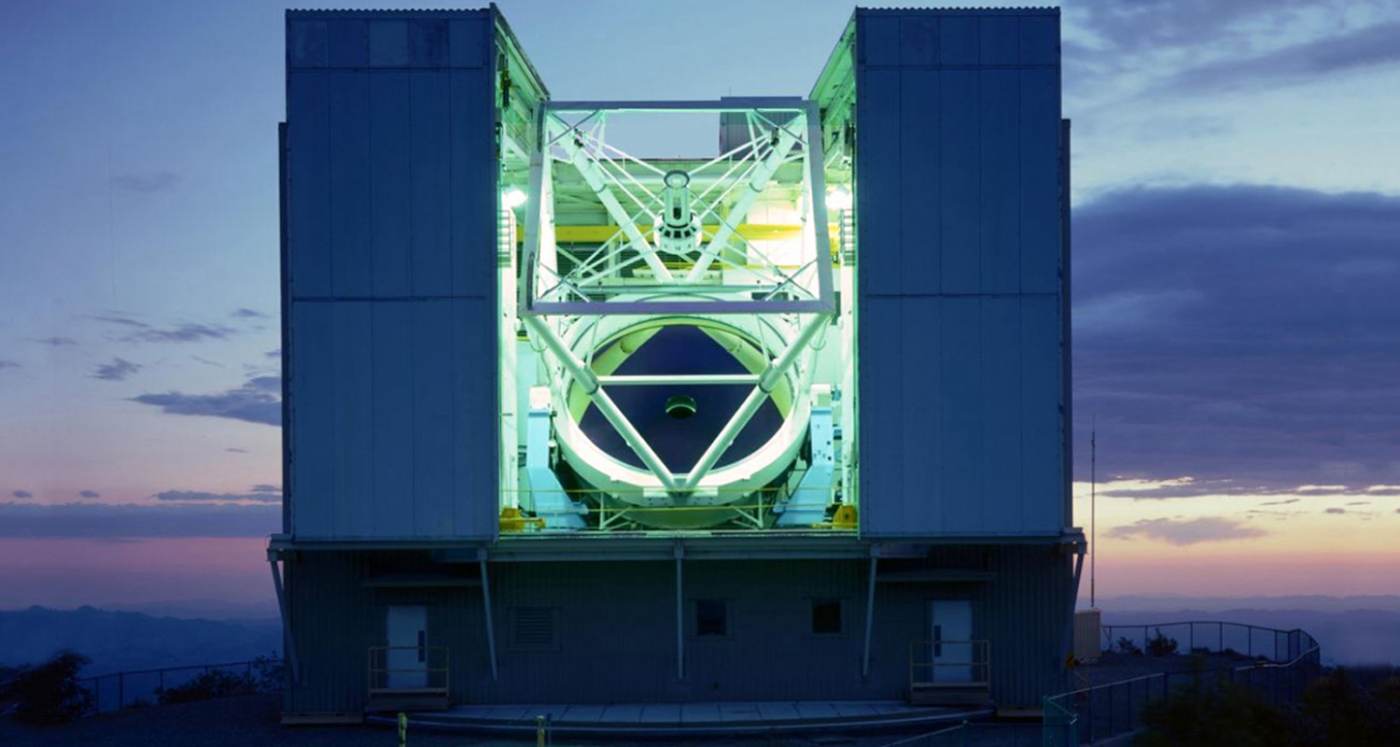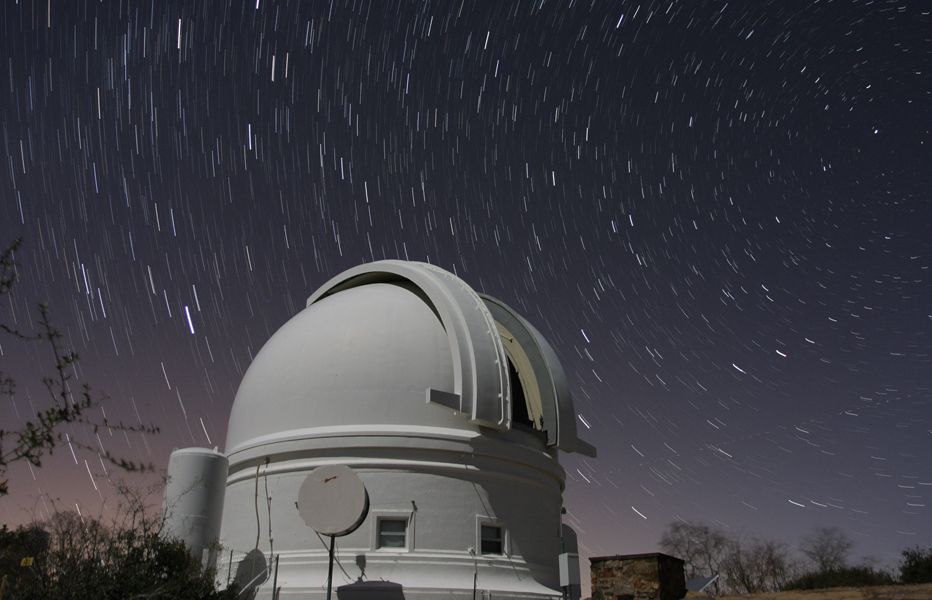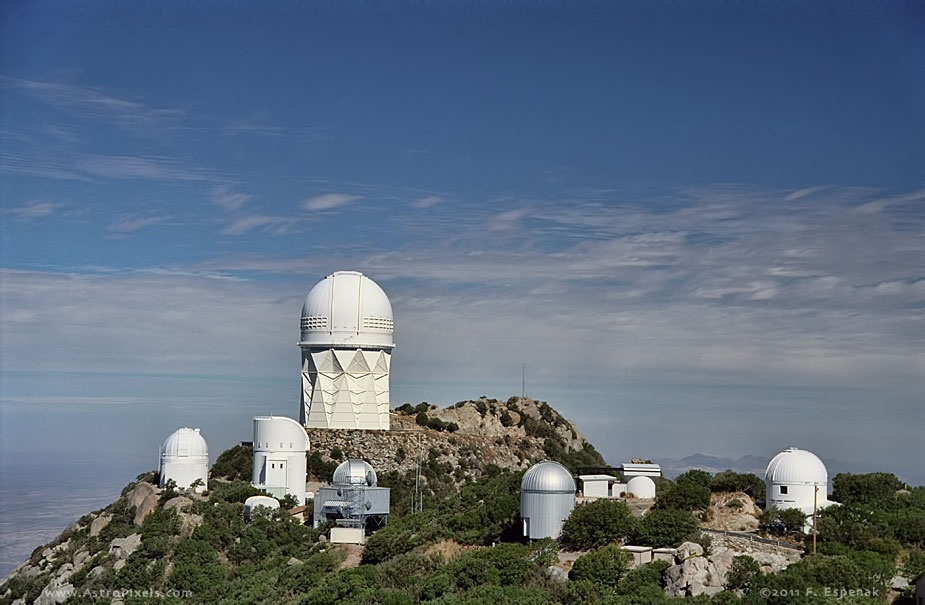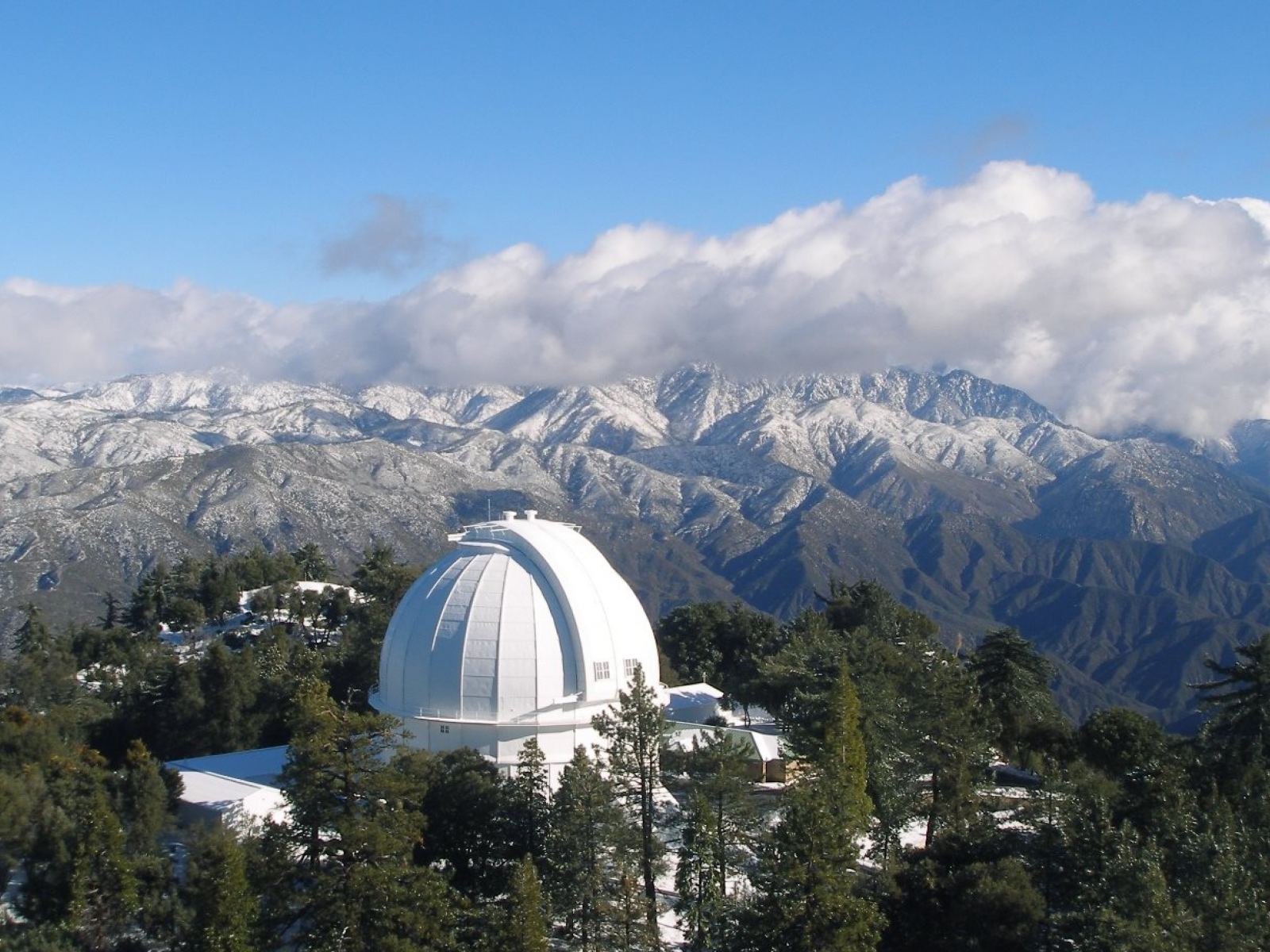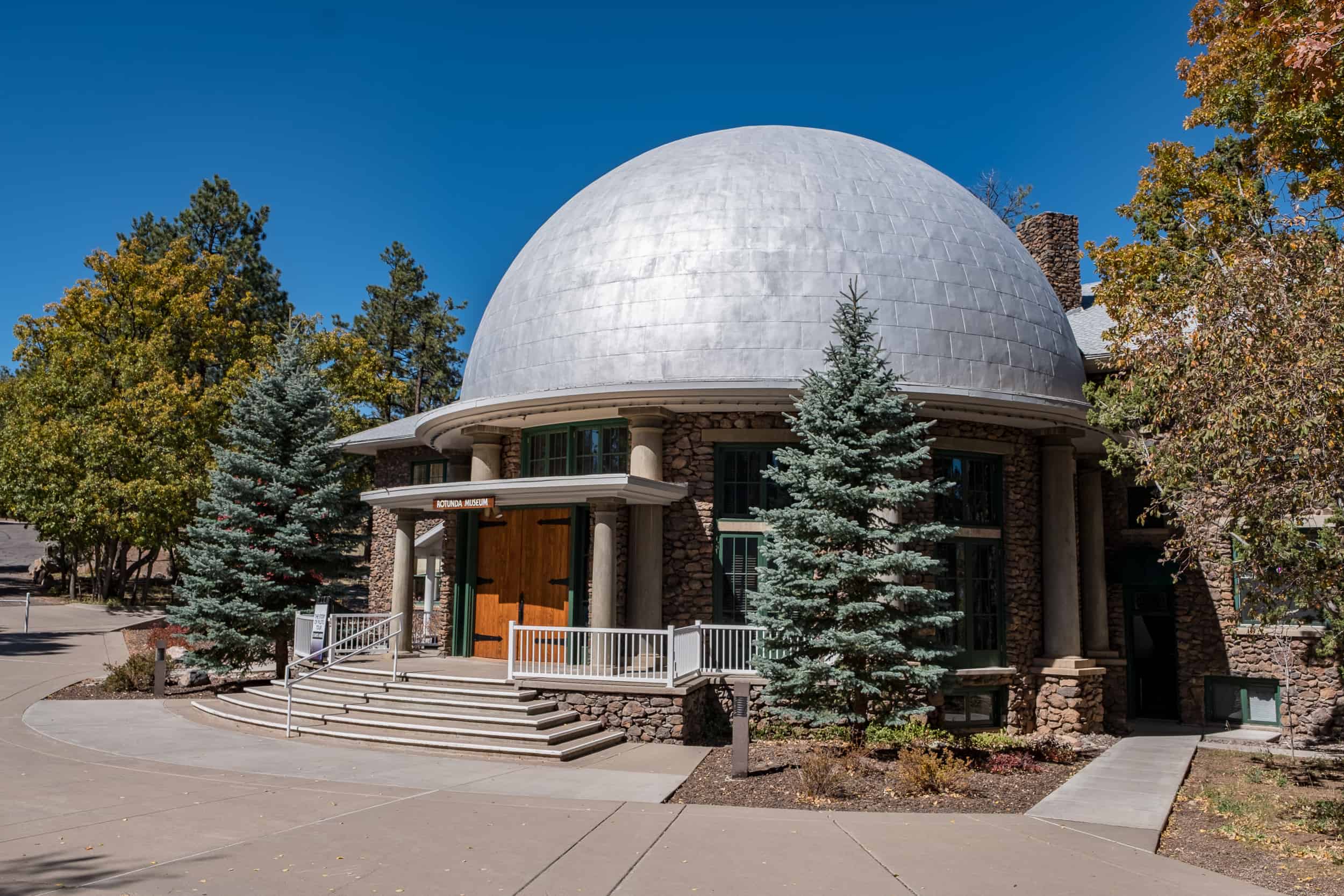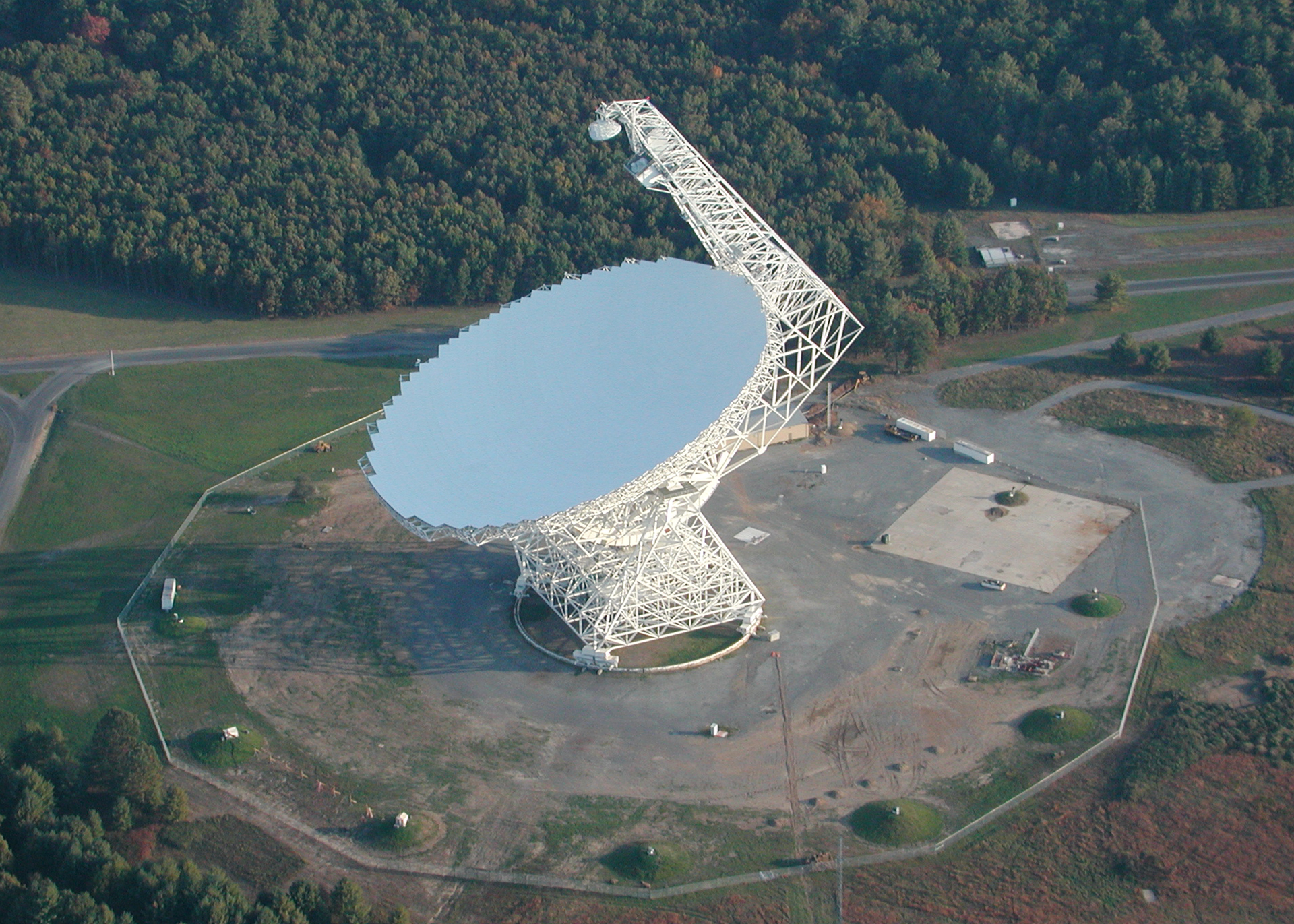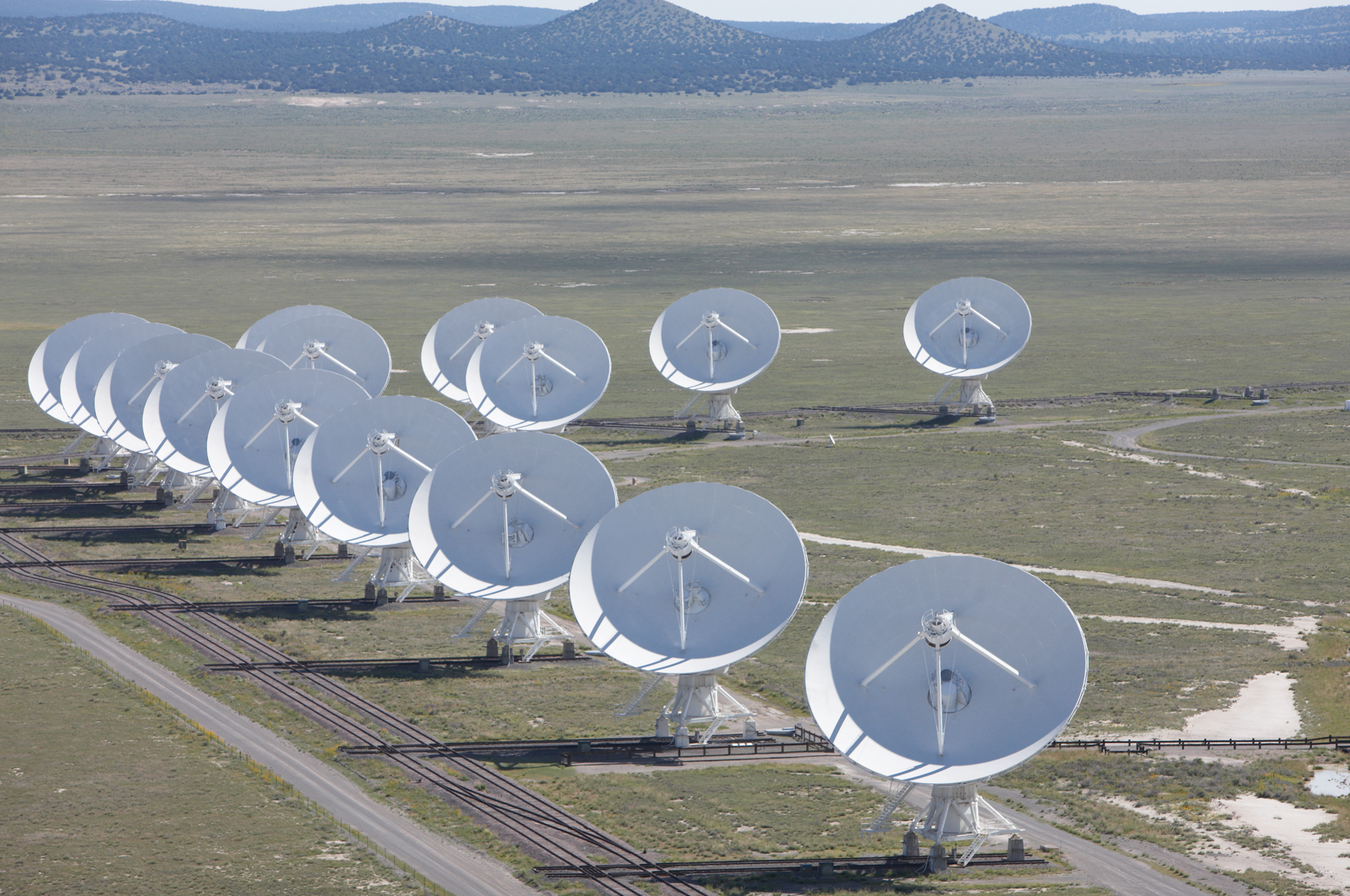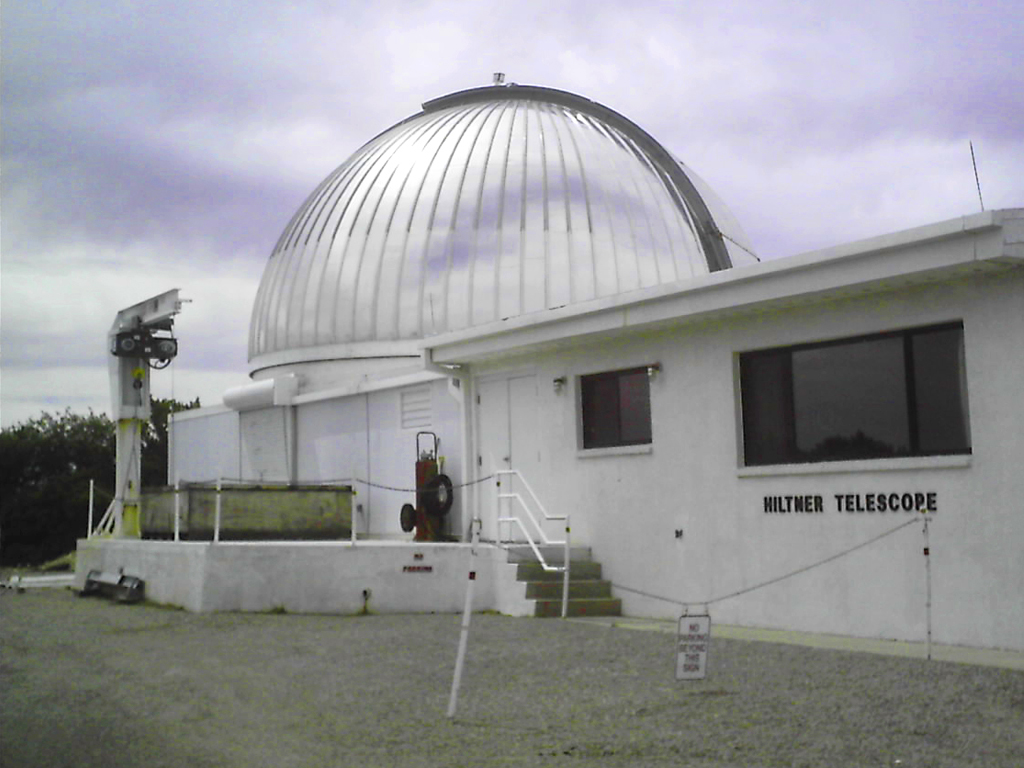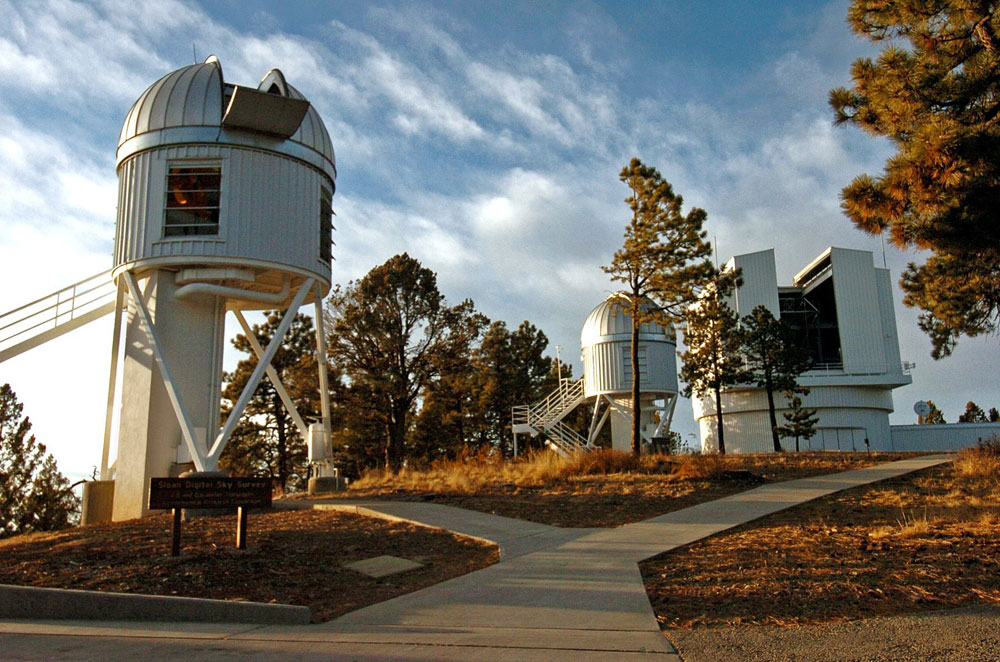
It is abundantly clear that modern astronomy is the product of settler colonialism. The driving force of observational astrophysics is the application of advanced telescopes, housed in observatories, that reside on lands previously and presently occupied by Indigenous peoples. Creation of these astronomical instruments that have so greatly advanced our field is the result of neglect and violent displacement of tribal communities native to the land on which our telescopes now stand. Despite our continual usage of native lands for our science, our community makes little reference to the people who are directly impacted by the advancement of astronomy.
This has and continues to occur all over the world — the harsh reality of astronomy’s colonialist ventures being increasingly difficult to reconcile. While many of us, myself included, utilize observatories across the world for our science, it is rarely the norm to consider the colonialist histories behind our observations, let alone directly acknowledge specific Indigenous communities. This, however, is exactly the point of this web page: to amplify the experiences and histories of the Native people who preceded the multitude of observatories around the world. The hope is that by knowing exactly who is harmed in the creation of specific scientific instruments, we as astronomers will be conscious of the immense sacrifices made for our scientific gain and spread this understanding by directly acknowledging Indigenous people in mediums of scientific discovery e.g., papers, talks, classes and more.
Below you will find an ever-growing compilation of observatories with references to the Indigenous people who lived on the land prior. I have also included sample text that can be used in publications to acknowledge native tribes but there are also numerous resources online about how to create meaningful land acknowledgements. Telescope acknowledgments are commonplace in our field, yet the land these telescopes reside on is rarely attributed as Native.
Prior to making this database, I searched for similar resources but was unable to find a comprehensive platform. Of course, I could have missed existing work, so I am always open to new information and collaboration (especially with BIPOC individuals/ communities). I am not an expert in this field and acknowledge that there is extensive work done by BIPOC individuals/communities on this topic. Therefore, I try to constantly stay informed, as well as learn from others. I appreciate all feedback and look forward to building this resource as an inclusive and ever evolving platform.
North American Observatories:
(click on images below to access info)
